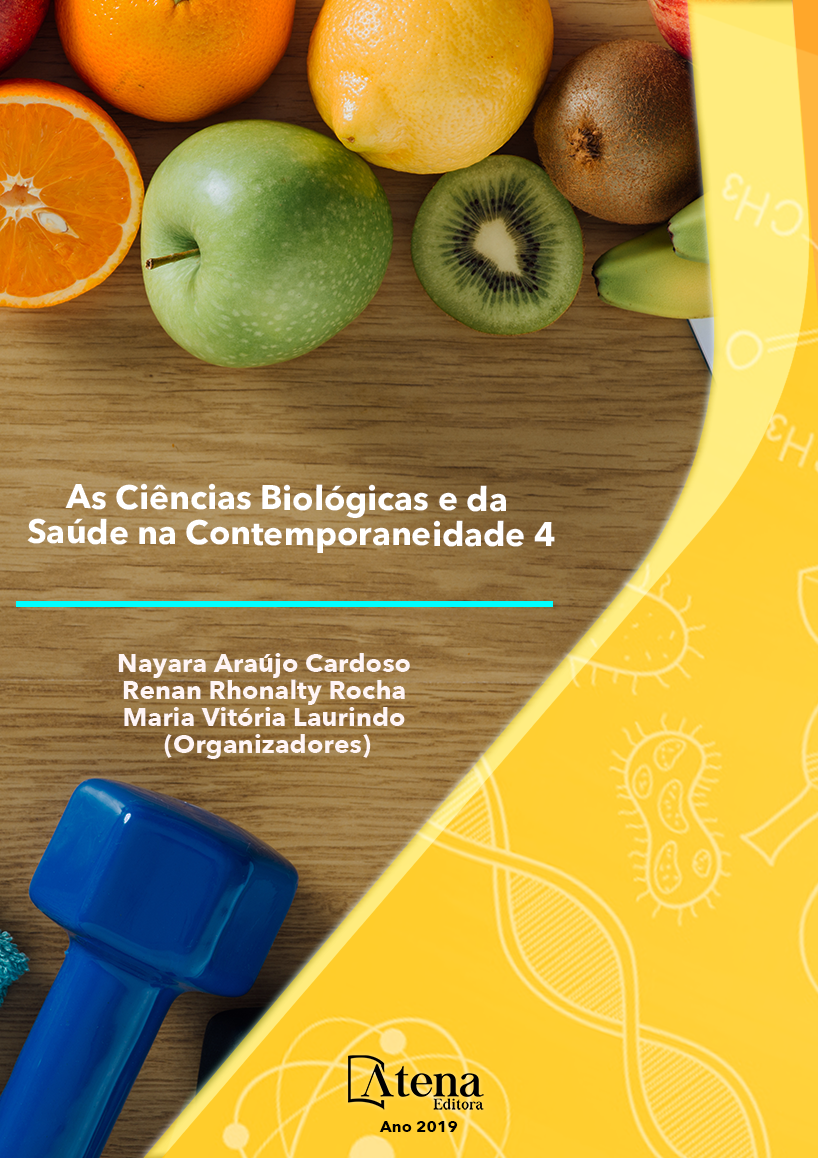
FLORÍSTICA E SOBREVIVÊNCIA DE EPÍFITAS DURANTE A INSTALAÇÃO DE EMPREENDIMENTO DE TRANSMISSÃO DE ENERGIA EM GRADIENTE CERRADO-FLORESTA AMAZÔNICA
As informações sobre a flora epifítica
da transição Cerrado-Floresta Amazônica
de Mato Grosso ainda são escassas. Ações
mitigadoras dos impactos ambientais nos
empreendimentos de transmissão de energia
contribuem para o levantamento e conhecimento
dos aspectos ecológicos dessas espécies. As
atividades ocorreram entre dezembro de 2013 e
novembro de 2015, durante a instalação de uma
linha de transmissão de energia no Estado de
Mato Grosso. Os espécimes foram resgatados
e realocados em áreas adjacentes com
substratos similares, onde foram monitorados
trimestralmente. Foram resgatados 323
indivíduos, divididos 78 espécies e 10 famílias.
A família mais representada foi Orchidaceae
com 209 indivíduos (64,7%), seguida por
Araceae com 45 (13,9%). Ao final de oito
campanhas de monitoramento observou-se
que 179 indivíduos (58,8%) se encontravam
adaptados ou estáveis. Desta forma, conclui-se
que o resgate e realocação de epífitas é uma
ação positiva que reduz os efeitos negativos
desses empreendimentos pois promovem a
conservação de muitos espécimes.
FLORÍSTICA E SOBREVIVÊNCIA DE EPÍFITAS DURANTE A INSTALAÇÃO DE EMPREENDIMENTO DE TRANSMISSÃO DE ENERGIA EM GRADIENTE CERRADO-FLORESTA AMAZÔNICA
-
Palavras-chave: Biodiversidade, Impactos Ambientais, Linha de Transmissão de Energia, Realocação.
-
Keywords: Biodiversity, Environmental Impacts, Power Transmission Line, Reallocation. 1 |
-
Abstract:
The information on the epiphytic
plants of the Cerrado-Amazonian Forest
transition of Mato Grosso is still scarce. Actions
that mitigate the environmental impacts in the
projects of transmission of energy contribute
to the survey and knowledge of the ecological
aspects of these species. The rescue of
epiphytic plants occurred between December
2013 to November 2015, during the installation
of an energy transmission line in the State of
Mato Grosso. The specimens were rescued
and relocated in adjacent areas with similar
substrates, where they were monitored
quarterly. About 323 individuals were rescued,
divided into 78 species and 10 families. The
most represented family was Orchidaceae with
209 individuals (64.7%), followed by Araceae
with 45 (13.9%). At the end of eight monitoring
campaigns, 179 individuals (58.8%) were either
adapted or stable. In this way, it is concluded
that the rescue and reallocation of epiphytes
is a positive action that reduces the negative
effects of these projects because they promote
the conservation of many specimens.
-
Número de páginas: 15
- Adriana Mohr
- Carlos Kreutz


